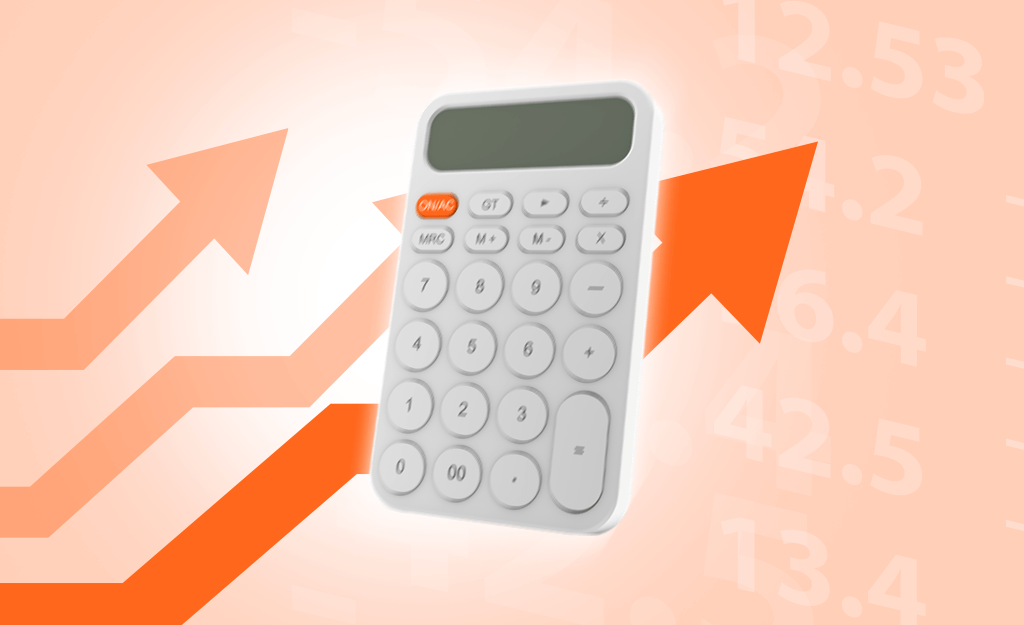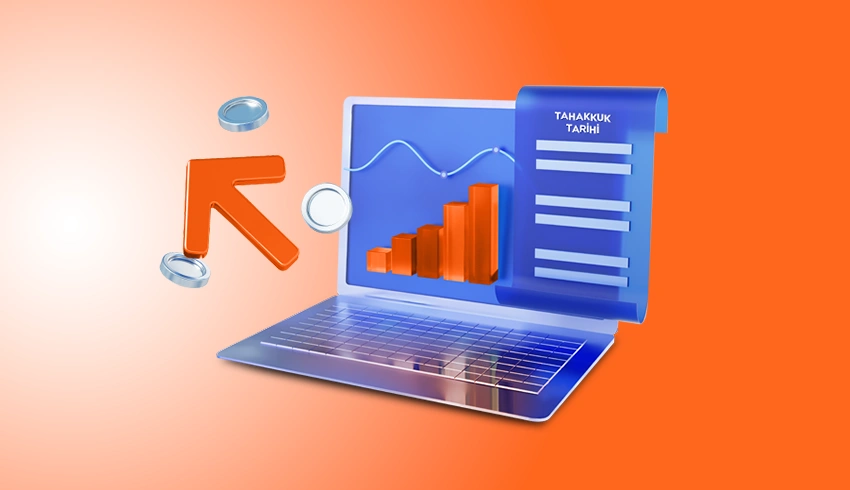Inflation accounting is an important issue today, especially in high inflation economies. Reflecting the correct value of financial statements is critical for businesses and investors to make the right decisions. In this article, we will discuss in detail what inflation accounting is, how it works and why it is important.
What is Inflation Accounting?
Inflation is the continuous increase in the general price level in an economy. This means that the purchasing power of money decreases. Inflation accounting allows financial statements to be reassessed to account for this change in purchasing power. Thus, it more accurately shows the true financial position of companies.
Financial statements prepared using traditional accounting methods may not accurately reflect the effects of inflation. Therefore, using inflation accounting, financial statements are reassessed and updated to take into account the effect of inflation on purchasing power. Thus, the true financial position of companies is more accurately presented and decision-making processes proceed on a more solid ground.
Importance of Inflation Accounting
Inflation accounting increases the reliability of financial statements. In a hyperinflationary environment, financial statements prepared using traditional accounting methods may not reflect the true value. This may cause misleading information for businesses and investors and may adversely affect their decision-making processes. However, when financial statements are reassessed using inflation accounting, a more accurate picture is obtained by taking into account the effect of inflation. Thus, businesses and investors can make more robust and informed decisions. Especially in high inflation economies, inflation accounting is of great importance because the reliability of financial statements becomes even more important in these environments. Therefore, it is critical that businesses and financial institutions attach importance to inflation accounting and use this method.
How is Inflation Accounting Applied?
Inflation accounting involves valuing non-monetary items in financial statements to reflect their current purchasing power. This is usually done based on price indices. For example, a company's inventories are revalued using inflation accounting and recorded at current market prices.
Commonly Used Price Indices:
Consumer Price Index (CPI): Measures changes in the prices of goods and services consumed by households.
Producer Price Index (PPI): Measures changes in the prices of goods and services sold by producers.
Fixed Asset Price Index (FAPI): Measures changes in the prices of fixed assets (machinery, equipment, buildings, etc.).
Considerations in the Application of Inflation Accounting:
Choosing the Appropriate Price Index: The price index used is critical to the accuracy of inflation accounting. Therefore, the most appropriate index should be selected for the company's field of activity and type of assets.
Determining the Frequency of Adjustment: It is necessary to decide how often to revalue assets. Generally, more frequent adjustments are made in periods of high inflation rates.
Data Collection and Processing: Collecting and processing the data required for inflation accounting requires time and effort. Therefore, it would be useful to get the support of accountants specialized in this field.
Advantages of Inflation Accounting:
Accuracy and Meaningfulness of Financial Statements: Inflation accounting makes financial statements more accurate and meaningful by adjusting them for the effects of inflation.
Comparison of Different Period Performances: Thanks to inflation accounting, financial performances in different periods can be compared more accurately.
Increased Investor Confidence: Inflation accounting contributes to increased investor confidence by providing investors with more transparent and reliable information about a company's financial position.
Fairness of the Taxation System: Inflation accounting helps to make the taxation system fairer and more transparent.
Inflation accounting is an important tool for reflecting the true value of financial statements in hyperinflationary economies. The application of this standard can facilitate decision-making by investors and other stakeholders by making the financial position of companies more transparent and meaningful.
Challenges of Inflation Accounting
Although inflation accounting is an important tool to ensure that financial statements reflect their true value after adjusting for the effects of inflation, there are some challenges in its application. These challenges include:
1. Choosing the Right Price Index: The correct selection and use of price indices, one of the most important elements of inflation accounting, is critical for the accuracy of the application. Different price indices can be used in different sectors and for different asset types. Therefore, the most appropriate index should be selected for the company's field of activity and type of assets.
2. Data Collection and Processing: Collecting and processing the data required for inflation accounting is a time- and labor-intensive process.These data include the original cost of assets, current market values and relevant inflation indices.Collecting and processing these data can be quite challenging, especially in large and complex enterprises.
3. The Need for Specialized Accountants: Since inflation accounting is a complex accounting standard, specialized accountants are needed for its proper application.This may create an additional cost burden, especially for small and medium-sized enterprises.
4. Uncertainty and Subjectivity: Some methods used in inflation accounting may be subject to a certain amount of uncertainty and subjectivity.For example, different opinions and interpretations may arise on issues such as determining the current value of assets and selecting the appropriate price index.
5. Different Effects in Different Sectors and Companies: The effects of inflation may differ in different sectors and different companies. This means that inflation accounting may not be equally useful for every company. For example, companies operating in industries whose stocks increase rapidly with inflation may benefit more from inflation accounting.
6. Implementation Costs: Implementing inflation accounting can result in additional costs for companies. These costs include fees paid to specialized accountants, data collection and processing costs, and software costs.
7. Complex and Time-consuming Implementation Process: Implementation of inflation accounting can be a complex and time-consuming process. This can be an obstacle, especially for small and medium-sized businesses.
8. Legal Regulations: Legal regulations regarding inflation accounting can be complex and variable. This can make it difficult for companies to implement this standard correctly.
Inflation Calculation Methods
Inflation refers to the general increase in prices of goods and services over a certain period of time. Inflation rate in Turkey is measured by the Consumer Price Index (CPI) published every month by the Turkish Statistical Institute (TUIK).
Percent Inflation Rate Calculation:
The percentage inflation rate is calculated by dividing the CPI at the end of the period by the CPI at the beginning of the period and multiplying by 100.
Percentage Inflation Rate = ((CPI at the End of the Period / CPI at the Beginning of the Period) - 1) x 100
Example: Let's say we want to calculate the inflation rate between January 2006 and January 2022.
Beginning of the Period CPI (January 2006): 100
End of Period CPI (January 2022): 1066.92
Calculation:
Percentage Inflation Rate = ((1066.92 / 100) - 1) x 100 = 966.92%
Conclusion: The inflation rate between January 2006 and January 2022 is 966.92%.
Calculation for Different Time Ranges:
The above formula can be used to calculate the monthly inflation rate. The following formulas can be used to calculate the inflation rate for different time periods:
Annual Inflation Rate: It is calculated by dividing the end-of-period CPI by the CPI of the previous year and multiplying by 100.
Quarterly Inflation Rate: It is calculated by dividing the end-of-period CPI by the three-month-previous period's CPI and multiplying by 100.
Points to Consider in Inflation Calculation
The inflation rate is always calculated based on the CPI.
Inflation rates may be different for different groups of goods and services.
The inflation rate may change over time.



